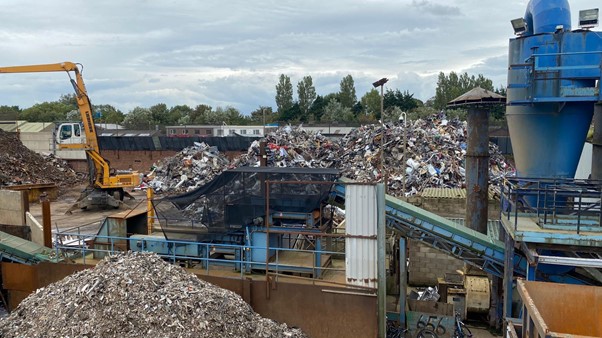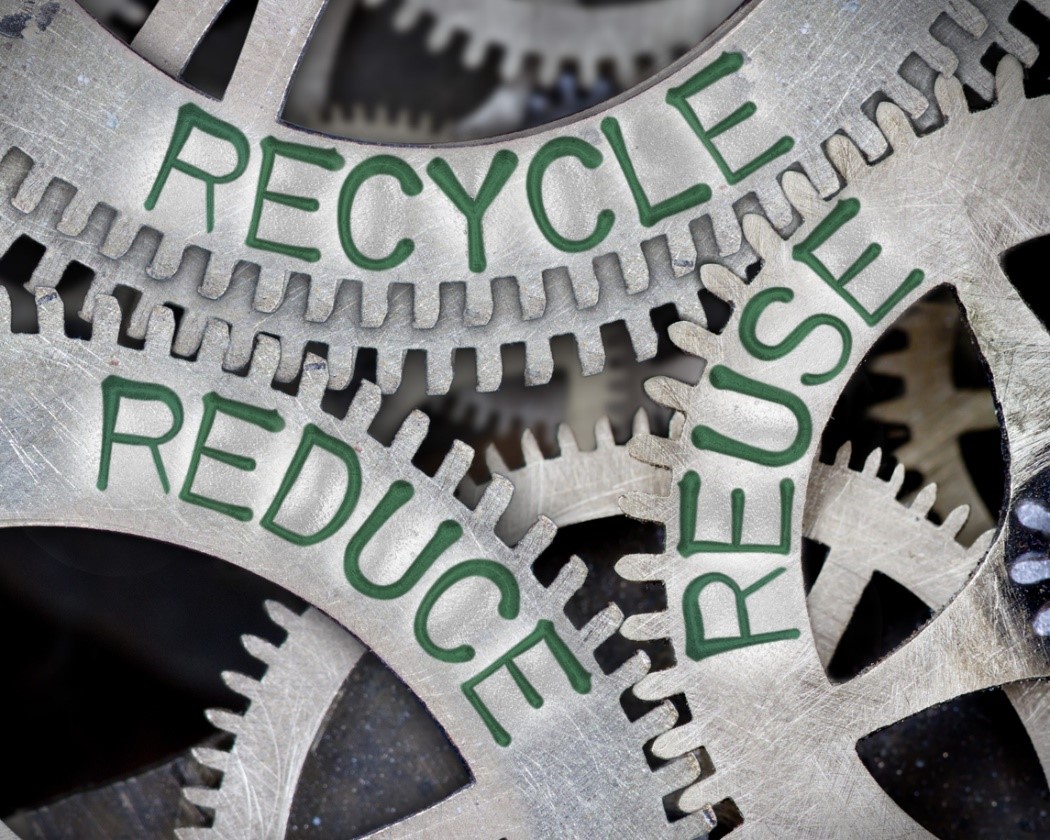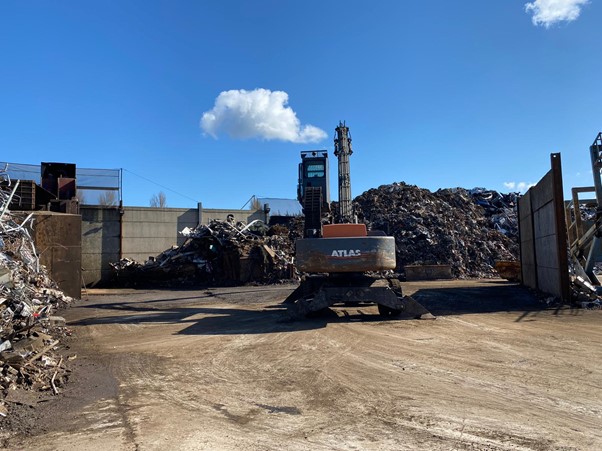Metal has always held great economic weight, but as we move towards a sustainable future, there is a growing appreciation for the ecological benefits of scrap metal recycling. Until recently, businesses dealing with scrap metal for a long time, like Morecambe Metals, were not at the forefront of people’s minds when discussing recycling and sustainability, often perceived as merely a part of the waste collection and disposal process. However, a shift in government, regulatory body and consumer focus towards sustainability has raised awareness to just how vital scrap metal recycling is, placing metal at the centre of a sustainable future.
Virgin Metal vs Recycled Metal
Virgin metal is pure metal that has been obtained from ore through smelting– this process uses a lot of energy and demands the consumption of precious resources, like coal. By comparison, recycled metal is scrap metal melted down and processed into useable sheets or blocks of raw material, ready to be made into new products. The recycling process can use up to 95% less energy than creating primary metal.
By recycling scrap metal, we eliminate the need to produce virgin metal, which in turn preserves our planet’s precious natural resources, like iron ore and coal. The most commonly used metals: iron, aluminium, copper and steel, can all be recycled an infinite number of times whilst retaining their
original properties. There is really no need to smelt new metals if the supply of scrap metal is not exceeding demand.
How Metal Recycling is Different to Other Materials
Companies and individuals alike should make every effort to recycle and reuse as much as possible, regardless of the material in question. That said, some materials hold up to the recycling process better than others.
Scrap metal recycling is relatively straightforward since most metals can be infinitely remelted and cast while retaining their original properties and strength.
It is, however, a different story for plastic. There are thousands of varieties of plastic, and not all of them can be recycled. Used plastics must be sorted into recyclable and non-recyclable, which costs a lot of time and money. Even once you’ve separated out your plastics that are good candidates for recycling, plastic isn’t infinite like metal. It will degrade gradually each time it is reheated and moulded into a new product. The hard truth is that most plastic doesn’t make it into the recycling system and will most likely end up in a landfill or being incinerated.
Paper also degrades with continuous recycling, as the fibres weaken each time they are mulched, demanding the introduction of virgin fibre to produce a useable product and mitigate degradation.
We can’t make everything out of metal (although it would be great if we could). Still, metals infinite recyclability just goes to show how pivotal scrap metal recycling is to a sustainable world.
Why It Is Important to Recycle Scrap Metal
There are several reasons why it is so vital that companies make an effort to recycle their scrap metal, and virtually no reason they shouldn’t.
Preserving Natural Recourses As discussed, recycling metal negates the need to smelt new metal and preserves our planet’s resources – not just the metal ore but coal as well. Coal is already a climate issue, accounting for over 43% of greenhouse gas emissions. The less we can consume, the better.
Offset Carbon Emissions Recycling a tonne of aluminium can save up to 9 tonnes of CO2 from being released into the atmosphere. Many companies are setting ambitious carbon reduction targets; recycling raw materials like metal is a big step to achieving those goals as scrap metal recycling significantly reduces emissions and air pollution.
Save Money Not only is metal recycling good for the planet, but it can be financially beneficial as well. In most cases, it is more cost-effective to utilise your scrap metal through recycling than it is to create new metal from natural resources, driving down production costs through efficient waste stream management.
To Meet Industry Standards Recycling and operating a sustainable business is no longer a choice but an expectation increasingly supported by government legislation. Scrap metal recycling plays a significant role in a circular economy, and companies should feel obliged to act on the pressure of rising industry standards.
Demand for Scrap Metal
As public consciousness of the ecological and economic benefits of scrap metal improves, the pressure on manufacturers to use recycled material increases. It is thought that over the next 20 years, demand for scrap metal is set to rise dramatically because of increased environmental awareness.
For the world to fully benefit from scrap metal recycling, there has to be demand for recycled metal – without demand, we’ve just got mountains of scrap metal sat in scrapyards and storage facilities.
Governing bodies, environmentalists, and consumers must continue to apply pressure to manufacturers and demand recycled metal for this process to hold ecological value.
We hope this article gave you some insight into the role of scrap metal recycling in a sustainable future. At Morecambe Metals, we’ve been collecting and processing domestic, trade, corporate and commercial scrap metal for over 35 years. If you would like to speak to us about how we can help you with scrap metal recycling, get in touch today.




